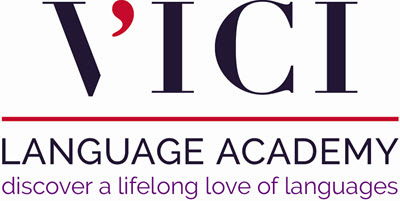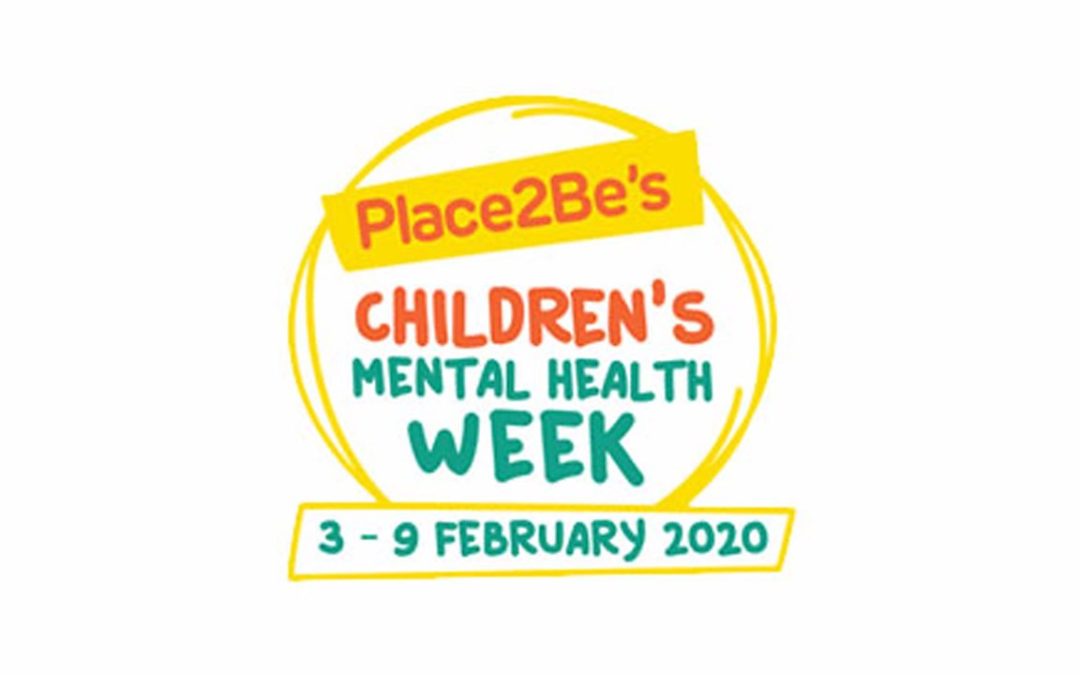I take tremendous pleasure and pride in VICI’s young students. As with any group of children from different backgrounds, they are a sparkling mix of personalities – boisterous, softly-spoken, comedic, serious, energetic, placid: they bring together every possible combination of character traits. It brings me huge joy to see them all chatting and interacting with each other.
One of the things I particularly enjoy is how different they all are. I could give you a hundred case studies – the academically gifted child who struggles socially and lacks a strong friendship group at school but who has found a community at the Academy, the child who find academics challenging but who has an affinity for languages and has taken the new-found confidence instilled by VICI back into the classroom, the child living with Asperger’s who became at ease with us that after 6 was able to socialise more easily with peers at school. Our groups have introduced children who are so different, but they always establish a common ground and find things to bond over.
These amazing kids got me thinking about the role learning a foreign language can have in helping with social skills and mental wellness. The cognitive benefits of language learning are well documented, but perhaps we tend to think less about the social and mental health benefits it confers.
This week is Children’s Mental Health Awareness Week, set up by children’s charity Place2Be to focus on the importance of looking after our emotional wellbeing from an early age. From children living with mental health problems to those struggling with challenges like bullying and bereavement, Place2Be provides counselling, support and training so that children don’t have to face mental wellness problems alone.
It’s easy to underestimate the pressures children are under. But a sense of “not fitting in” at school, feeling shy, awkward or lacking confidence socially and/or academically can be a source of much anxiety for children who are still learning social skills. I take great satisfaction from knowing that for some children, VICI is “their tribe” out of school: a community of little linguists where they can make friends, increase their social aptitude, raise self-esteem and take pride in their newfound skills.
One of our parents told me recently that through VICI, her child has found a small but precious group who meet up outside of the Academy and have made, in her words, friendships for life. As much as I love knowing that we are giving our students the gift of languages, knowing that we are giving some of them the gift of friendships might be even more rewarding.
If you’re interested in your child joining the VICI tribe, please just send us a message. And do find out more about Children’s Mental Health Week and what you can do to support it.

by Nathalie Danon
Academy Director

